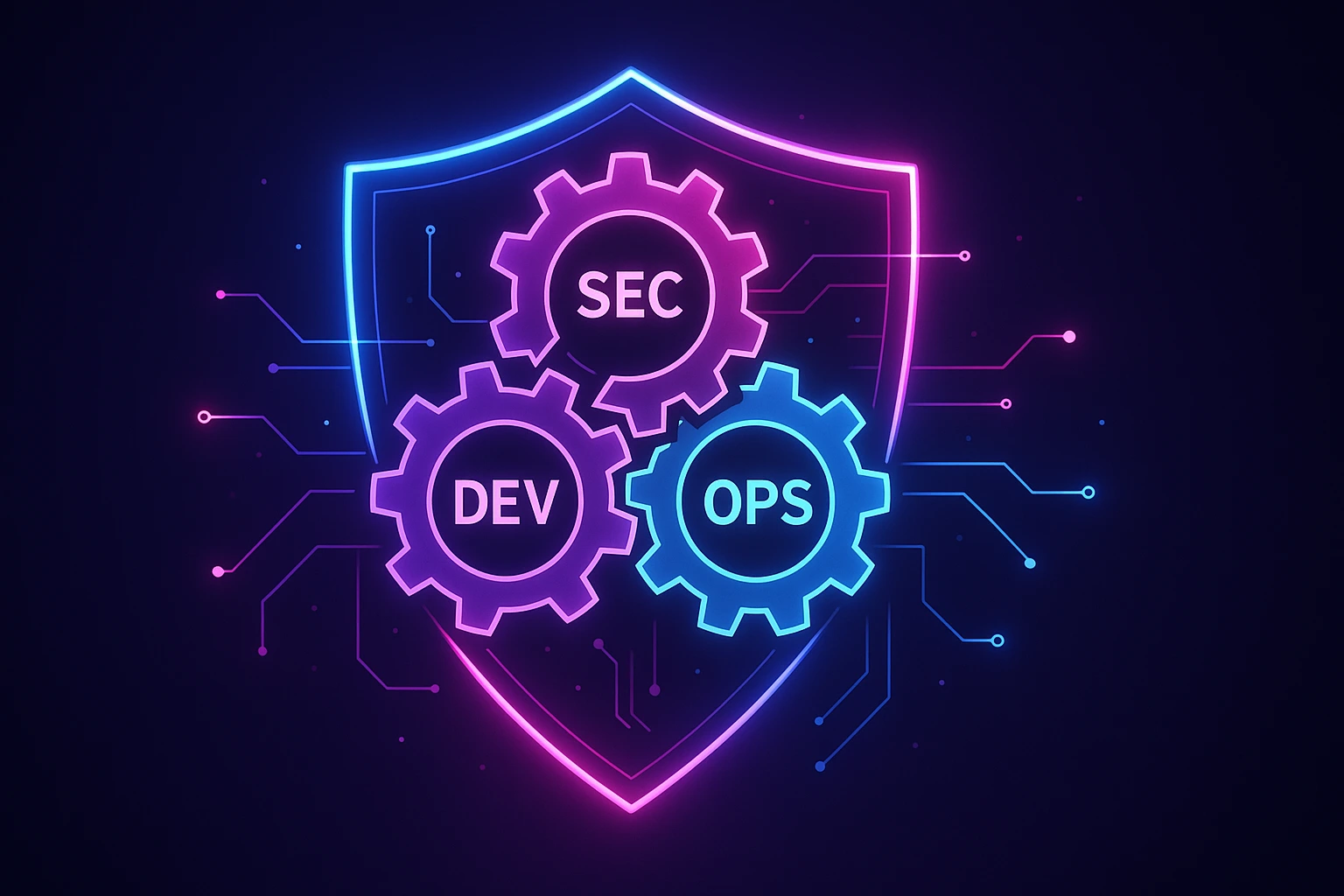DETERMINISTIC ENCRYPTION
Today, businesses are focused on finding solutions to protect their customer data, comply current security regulations, and maintain operational efficiency. Deterministic encryption is one powerful approach for protecting sensitive data within Salesforce databases. In this article, you'll learn what deterministic encryption is, its benefits for Salesforce solutions, and its implications for proof of security compliance.
What Is Deterministic Encryption?
In cryptography, 'deterministic encryption' is the process of encrypting a data in such a way that it will produce the same output every time it's presented with the same input. For example, an encryption system might convert a string of 'ABC123' into a string of alphanumeric characters each time it's presented with the same input. As a result, the encrypted output of this data is consistently identical across multiple encrypting cycles.
This type of encryption differs from traditional encryption techniques in that the encryption process itself does not introduce variability to the output. This is because when deterministic encryption is used, the data output is always the same for the same input. As a result, encryption and decryption operations can be easily reversed, allowing organizations to quickly analyse and manage encrypted data.
Benefits of Deterministic Encryption for Salesforce Solutions
There are several practical advantages of using deterministic encryption within Salesforce organizations. These include:
Reliability: As mentioned, deterministic encryption guarantees consistency in data output, meaning the results of the encryption process remain predictable and wholly reliable.
Improved Efficiency: Furthermore, the ability to reverse the encryption process quickly and reliably can lead to numerous efficiency gains, as organisations can make meaningful insights from their encrypted data sets faster.
Compliance: Deterministic encryption also offers compliance abilities, meaning organizations can ensure their encrypted data satisfies current regulations and standards.
More Secure Databases: Finally, deterministic encryption helps organizations protect their data more securely, as hackers and malicious actors would need to use a highly specific form of specialized encryption to decode encrypted data sets. As a result, organizations can be sure their secure data is hidden and protected.
Implications of Proof of Security Compliance
Deterministic encryption supports compliance practices. As a result, its use can aid organizations in demonstrating their adherence to security requirements and current regulations. By using deterministic encryption, organizations can ensure that they adhere to security standards that are government mandated, as well as standards set by the industry and overarching organizations like FINRA.
The Bottom Line
The implementation of deterministic encryption in Salesforce solutions is essential in the secure management of encrypted data. With deterministic encryption, businesses can protect customer data, remain compliant with regulations, and improve operational efficiency. As a result, organizations looking to give their customers the best possible service and experience should take advantage of deterministic encryption.
Topics: SFDC best practices, Salesforce tools
Thank you for subscribing








